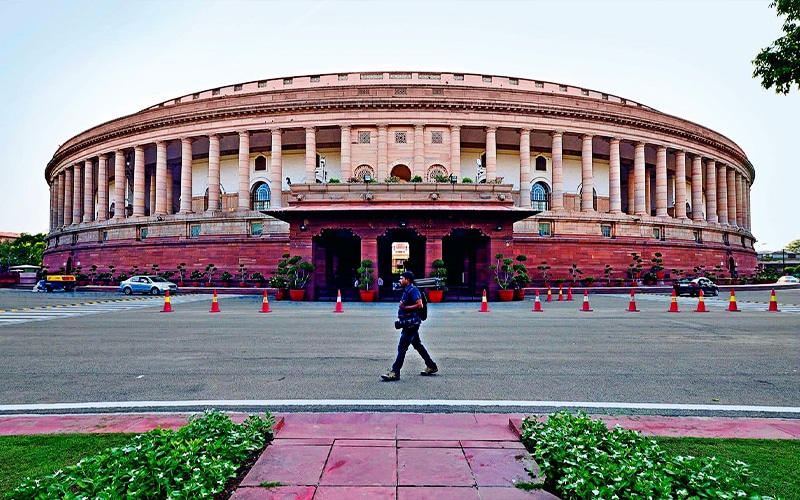The long-awaited and somewhat contentious Finance Bill imposing 30% tax for crypto devised by Indian Finance Minister Nirmala Sitharaman, has been approved by the Parliament for implementation in the country.
The amendment imposes a 30% tax on digital assets and nonfungible token transactions, surprisingly not considering trading losses while calculating net income. Moreover, Indian taxpayers will now have to pay 1% TDS at source.
The crypto tax policy of 30% tax will be applied from April 1 and the 1% tax deducted at source requirement will take effect from July 1, 2022.
The amended Finance Bill also proposed that any losses from the transfer of virtual assets will not be allowed to be set off against the income arising from the transfer of another virtual asset.
As per the early announcement, the Finance Bill was scheduled to propose in the lower house of the Indian Parliament on March 25, 2022. The bill contained 39 crucial amendments by Sitharaman and was approved by the Indian Parliament.
However, the tax proposal did receive a huge backlash from Indian Lawmakers in the parliament as well as crypto entrepreneurs, and traders. They affirmed that the proposal would diminish or “kill” crypto in the country.
“What does a 1% TDS do to the business of the blockchain?” asked Member of Parliament Ritesh Pandey. “It is critical to understand that what the finance minister has done by introducing this 1% TDS on the blockchain industry — it is going to hamper the way this business is done.”
Finance Minister Nirmala Sitharaman said, “TDS (tax deducted at source) is more for tracking. It is not an additional tax and not a new tax.”
Pinaki Misra, another member of the Lok Sabha stated that “Today to ban cryptocurrency is the equivalent of banning the internet. It is an idea whose time has come […] the government has gone on to a 30% [tax] on the basis that it must be at a higher [capital gains tax] because it is some kind of sin.”
This is the first time the Indian Government has created a framework to create policy around digital assets after the Supreme Court’s decision to lift the ban from the Reserve Bank’s decision of stopping banks from crypto transactions in 2020.
Despite the tax burden over digital assets holders, the opposition still has a chance to challenge the newly passed framework in the Supreme Court of India.
“We firmly believe that there is a need to regulate and tax crypto, but in its current form, it is poised to do more harm than good,” said WazirX founder and CEO Nischal Shetty. “It can result in cascading participation on Indian exchanges that adhere to the KYC norms and lead to a rise in capital outflow to foreign exchanges or to the ones that aren’t KYC compliant. This is not conducive for the government or the crypto ecosystem of India.”






